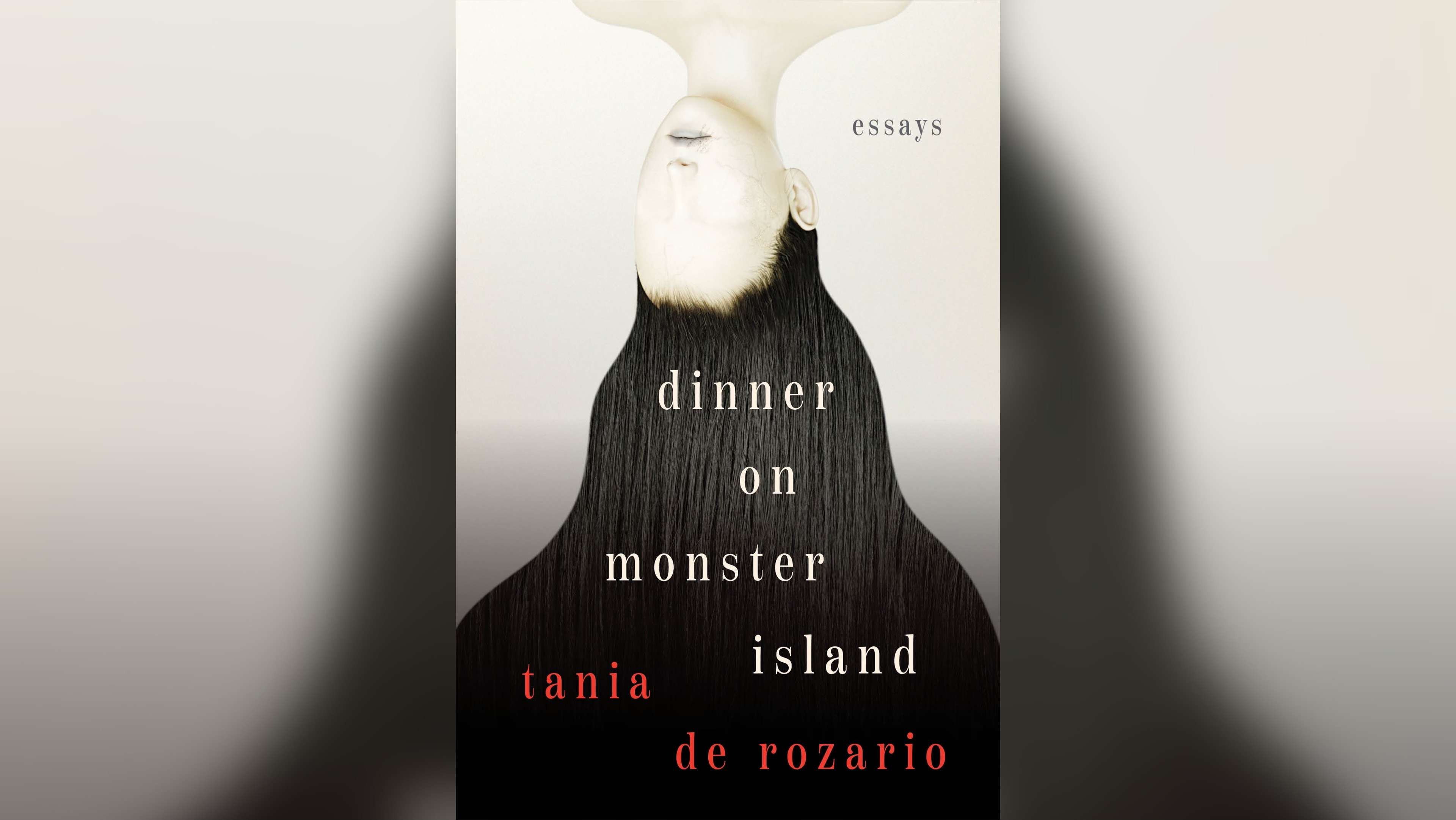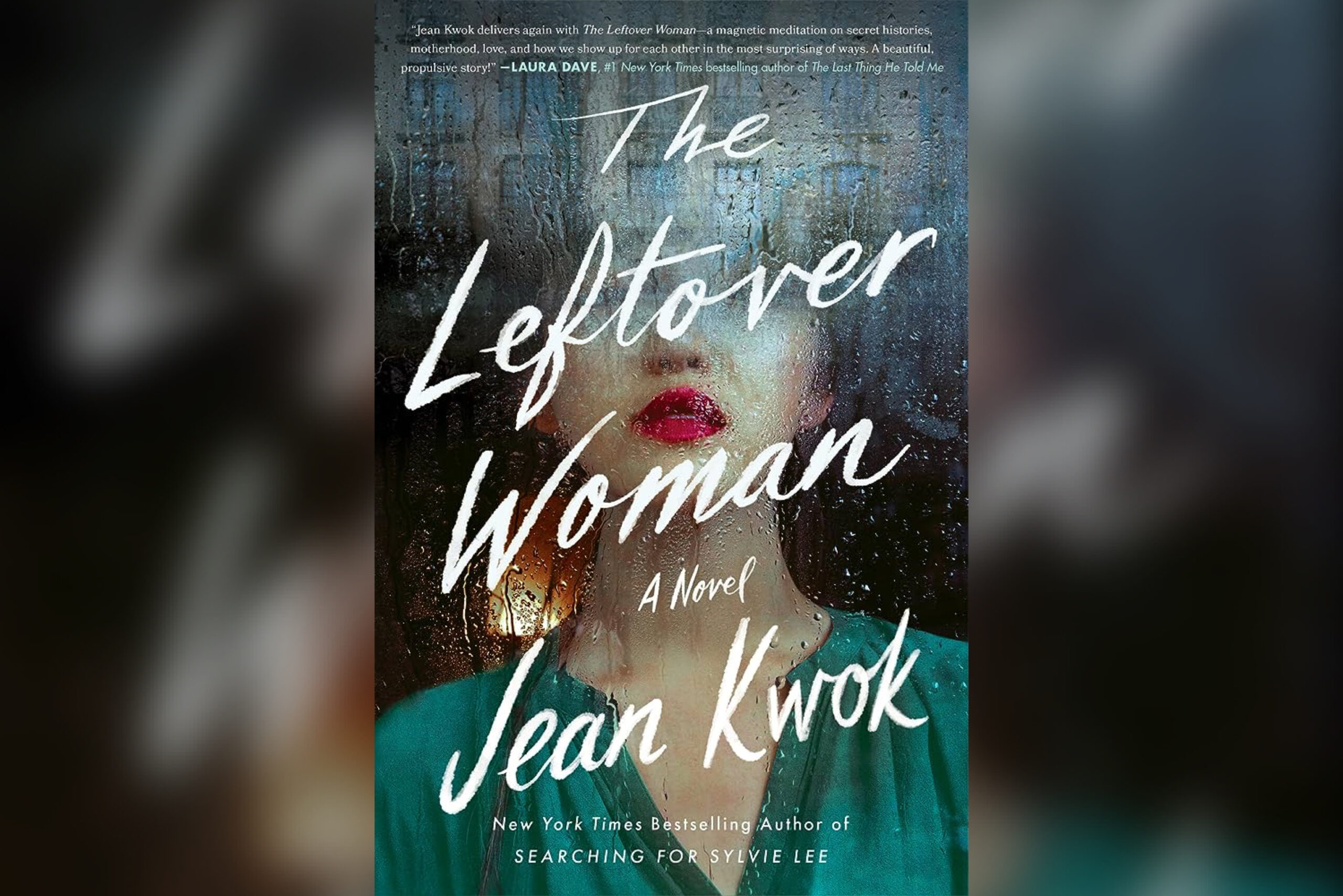
Review: The Last to the Party by Chuqiao Yang
With this promise and its dubious comparison, Yang opens up her world of cultural memory, her geographic and emotional landmarks, and uncertain-yet-loving family relations.

With this promise and its dubious comparison, Yang opens up her world of cultural memory, her geographic and emotional landmarks, and uncertain-yet-loving family relations.

The grim implications of All This and More have a lot of room to build on, and Shepherd committing to the sinister endings makes for very entertaining reading regardless of which one a reader lands on.

Like with a trip to a museum, it is unlikely that a reader can digest all of Momento’s content in one go, nor is it necessarily ideal to try. However, Donaldson’s work does inspire return visits; on my read-through, my copy ended up full of bookmarks as I moved through the various sections and marked off passages to come back to again.

Sitting between 150 and 200 pages (depending on the edition) with fourteen essays, Dinner on Monster Island does not overstay its welcome.

The Leftover Woman embraces a range of topics with great emotional weight, including motherhood, adoption, abuse, and the hostility of the United States to undocumented immigrants, all of which together do make a reader truly hope for a kind resolution…